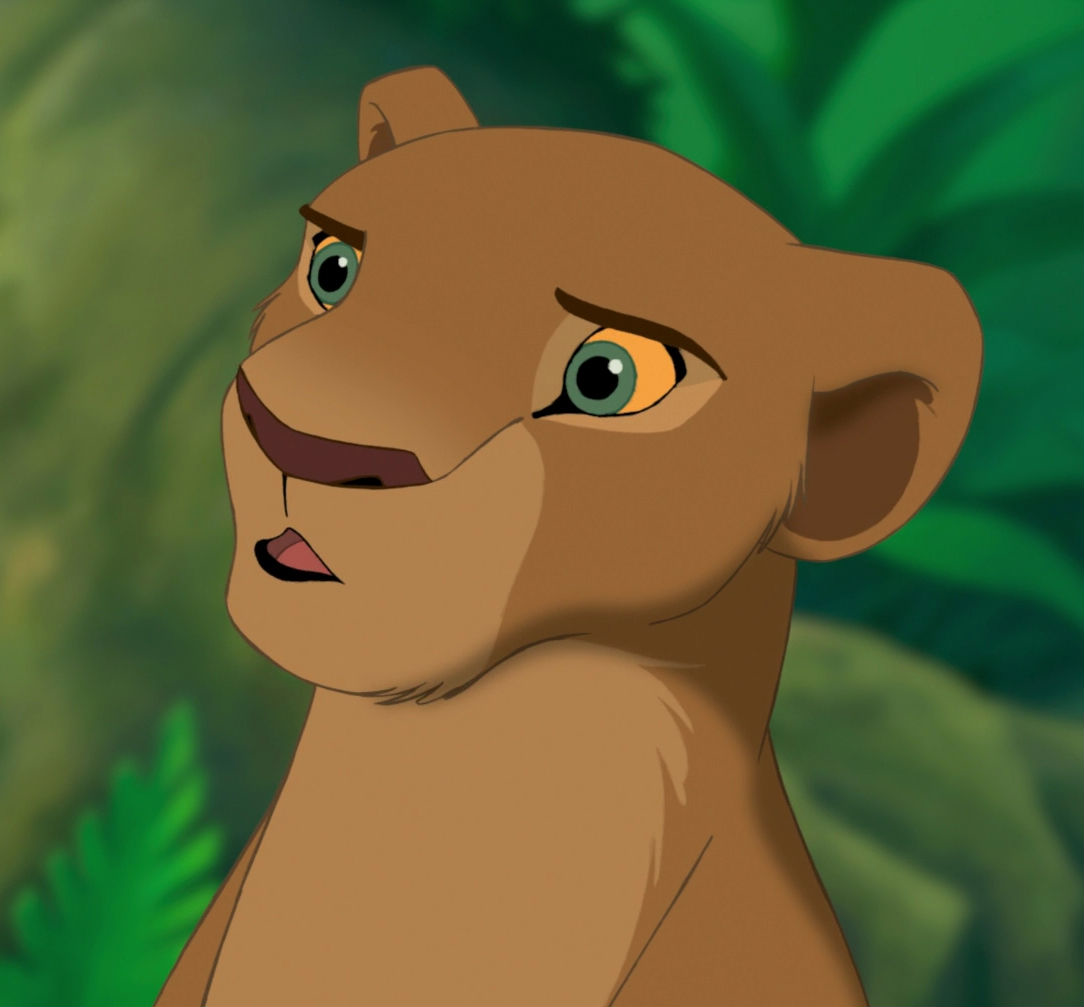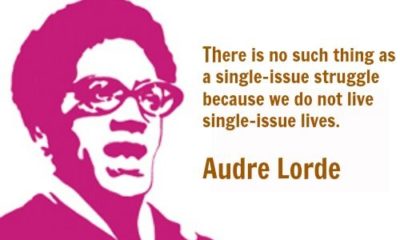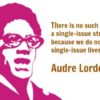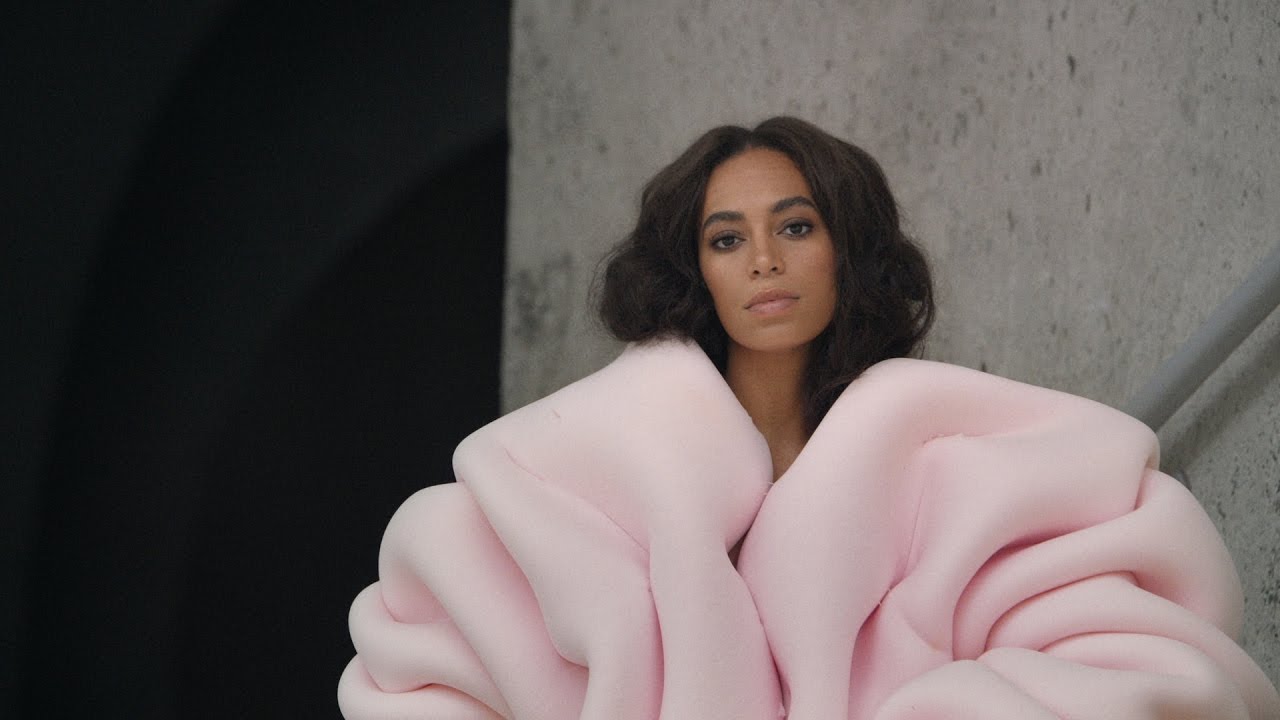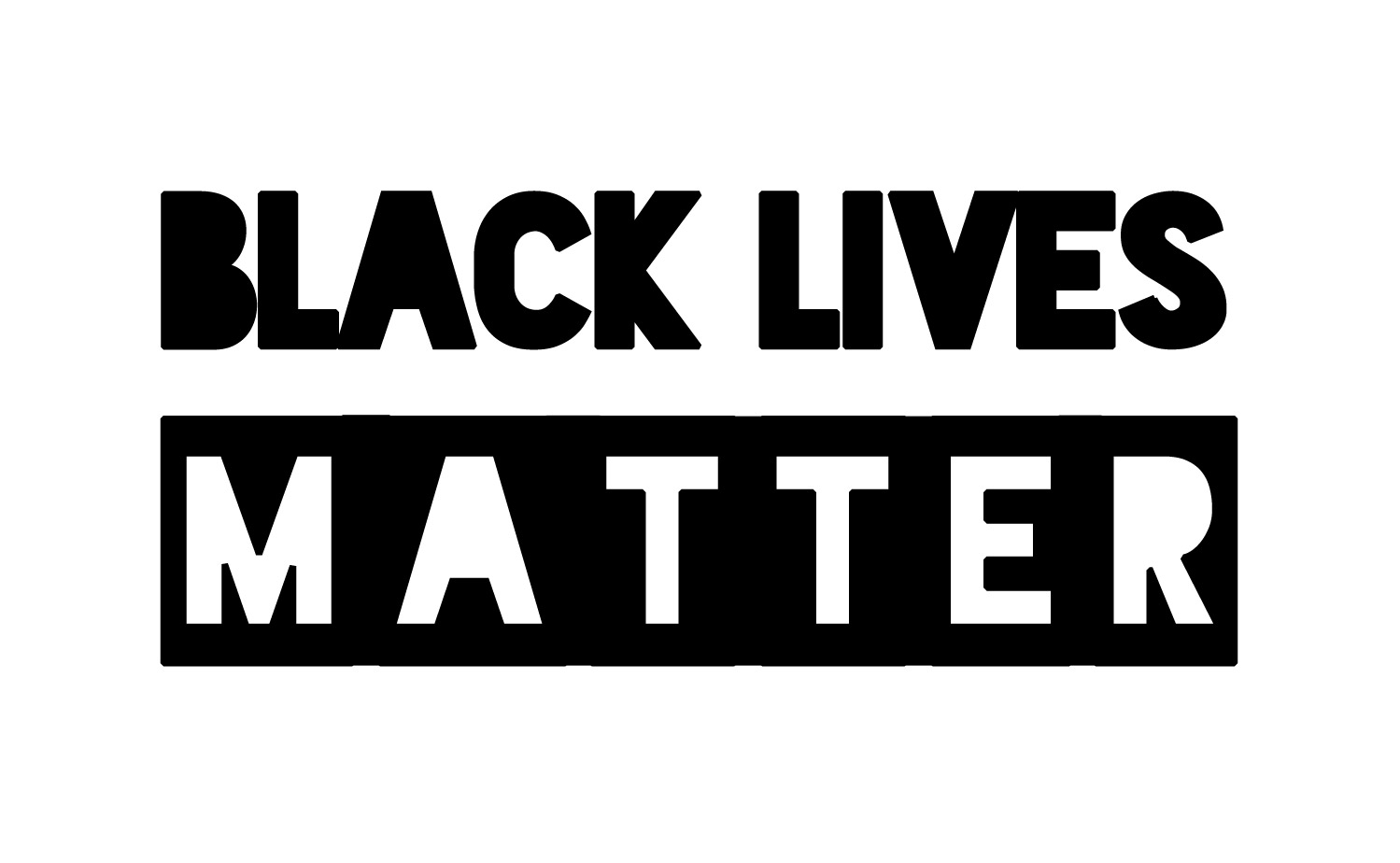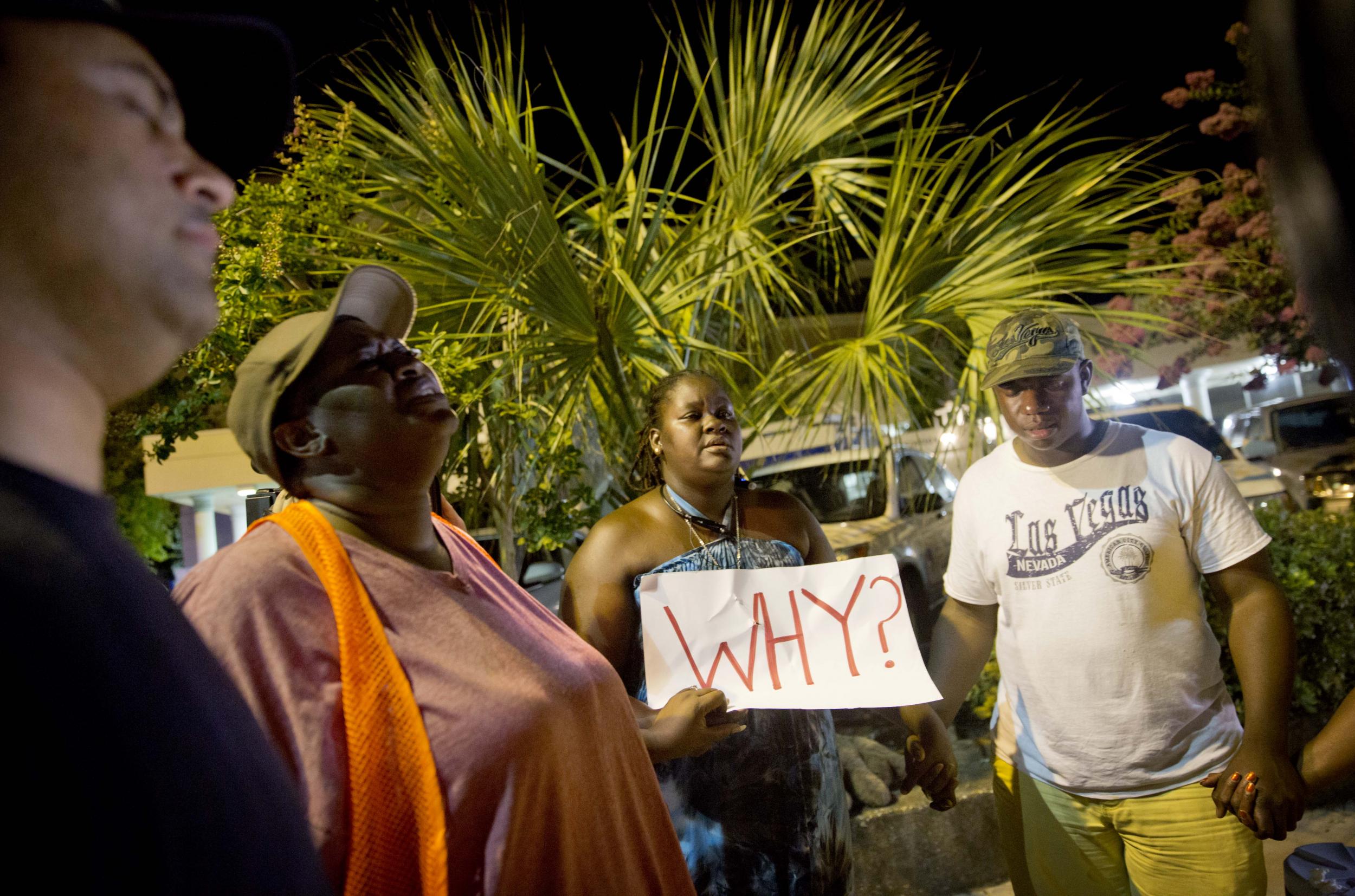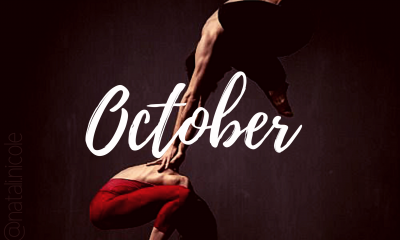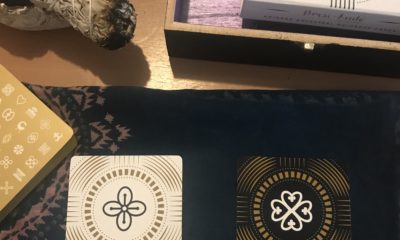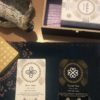The Lion King has always been one of my favorite Disney movies. It’s not hard to understand why: the story is gripping, the characters are memorable and the songs are instant classics. However, the reasoning goes a little deeper for me. The Lion King was the closest thing I had to a black experience in the Disney catalog as a child.
I’m not entirely sure why I always believed most of the characters to be black. It could be that the African setting made the association in my head. Perhaps knowing that James Earl Jones was the voice of Mufasa (and knowing what James Earl Jones looked like because of the Nynex commercials) helped create that thought for me. But I think there was also a certain je ne sais quoi about the characters’ personalities that gave me the sense that these lions were my people.
Nala was my black Disney princess. Her voice sounded like girls I knew. The way she handled herself screamed “sistah” to me. Her strength, her take no shit attitude, her independence and her sense of duty to family all mirrored the black women in my life. I never consciously made the decision to think of her as black—she just was.
It isn’t until now that I’m wondering if that’s really why I connected to the film so much. I owned the Lion King themed bed set, the purring Nala doll, had the book version of the movie and I think I may have even had one of tapes with the songs from the film. I never really thought about my unspoken connection to Nala as a reflection of myself on screen.
That is, until this week when Cecil the Lion died. If you haven’t heard, a beloved lion in Zimbabwe was lured off of his reservation home to eventually be brutally killed and skinned so that some Minnesota dentist could have his head on his wall. When news broke of what he had done, people were understandably upset. People sent death threats to this man and expressed their anger on social media. Even some notable celebrities shared their outrage and demanded that he be punished.
It’s a despicable story and the man deserves to be called out for being a lousy human being. However, I bristle at the fact that so many of these same sympathizers cannot muster any compassion for the countless black bodies that are being murdered and brutalized at an astonishing rate what feels like every day.
So many of these people who are ready to mobilize around this dead lion either turn a blind eye or provide only silent sympathy for wrongfully murdered black people. They can’t say the name Sandra Bland but they can wax poetic about Cecil.
Naturally, cartoon lions are easy pickings for a comedy show that wants to report on a story like this. So as I watched Larry Wilmore reference The Lion King on The Nightly Show, I was reminded of my kinship with Nala. As the picture of her and Simba flashed across the screen, I recognized that circumstances had called me to remember the little girl who was forced to identify with a lion because that was the best Disney would give me as a little black girl: a film set in Africa that focused on animals.
Of course, I never thought of any of these things as a child. The subliminal message of inferiority was not apparent to me until I was older. I lost myself in the landscape of Africa, the wisdom of Rafiki, the sarcasm of Scar and the development of Simba into the king he was born to be. I found myself in the grace and resilience of Nala.
Yet, no sooner than I started reminiscing, I came to a sobering reality. Nala had eclipsed me. As I continued to watch people, who haven’t showed any kind of support for #BlackLivesMatter, post their anger about Cecil I realized that even Nala was apparently too much to ask for. On the empathetic food chain, she is added to the list of things that come before black people. My life would mean less than hers to more people than I care to think about. Hakuna matata, right?


